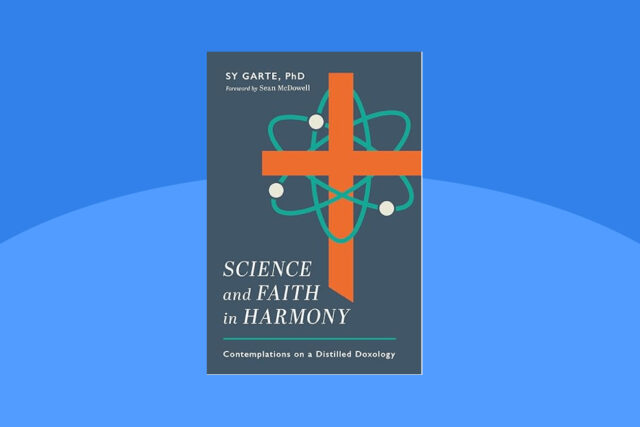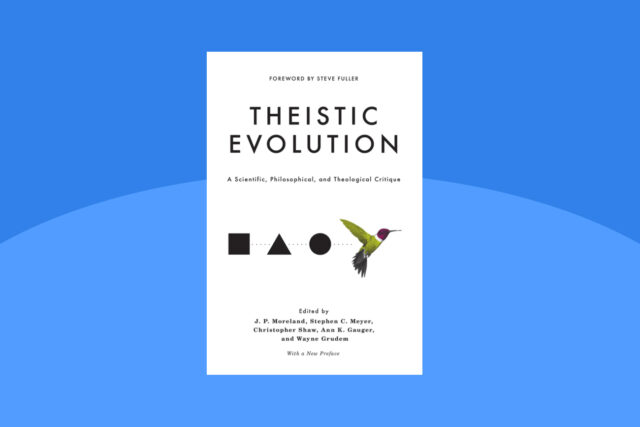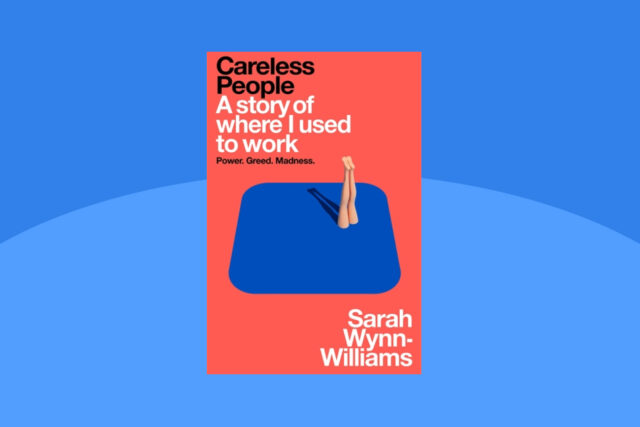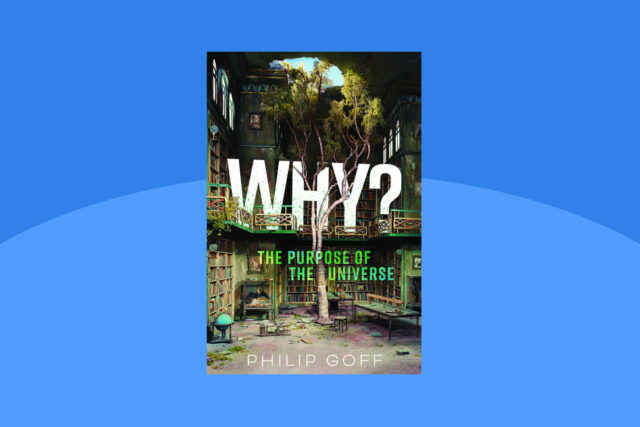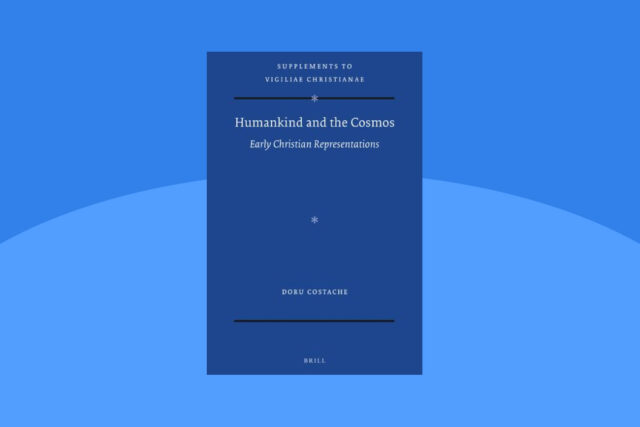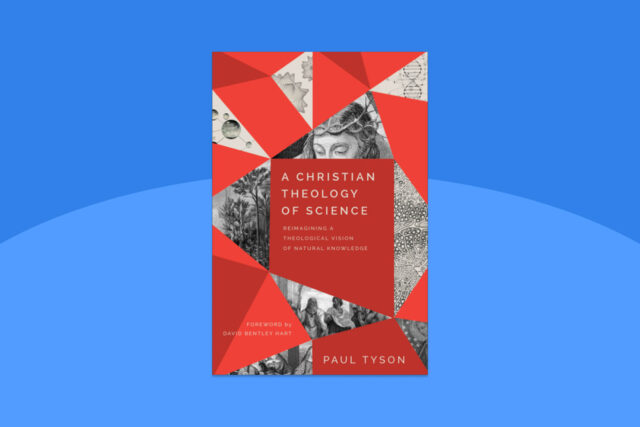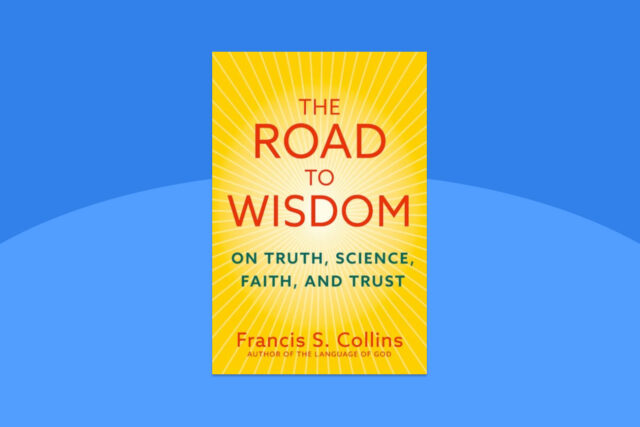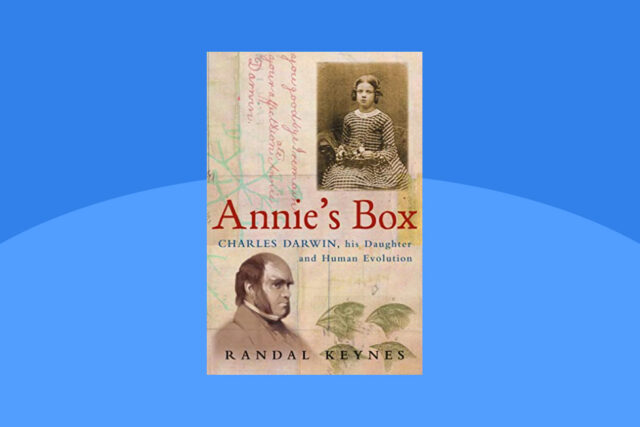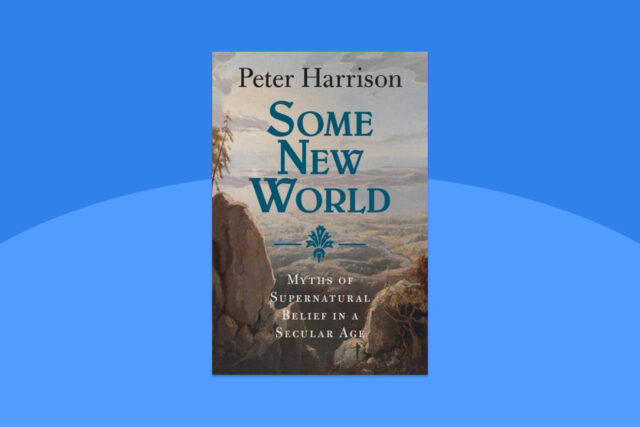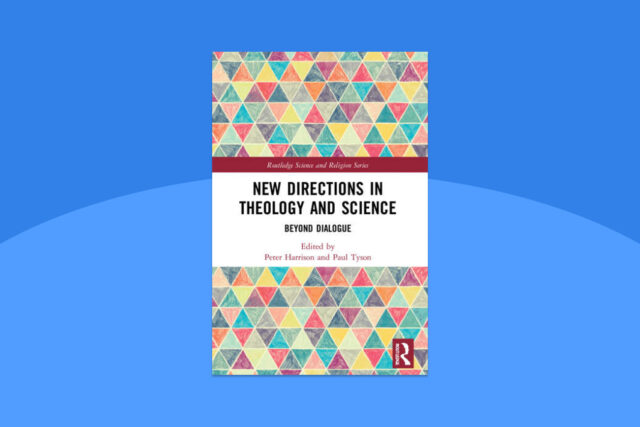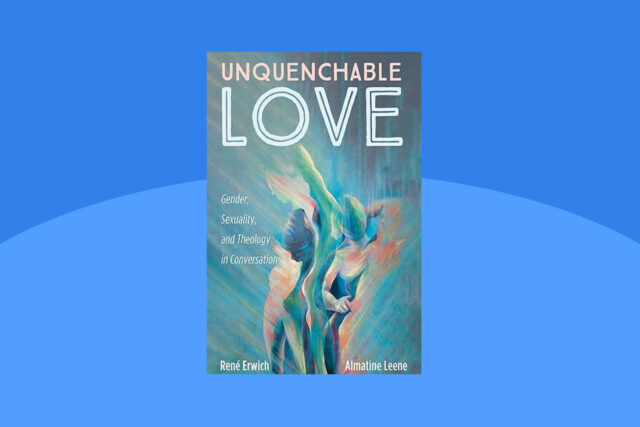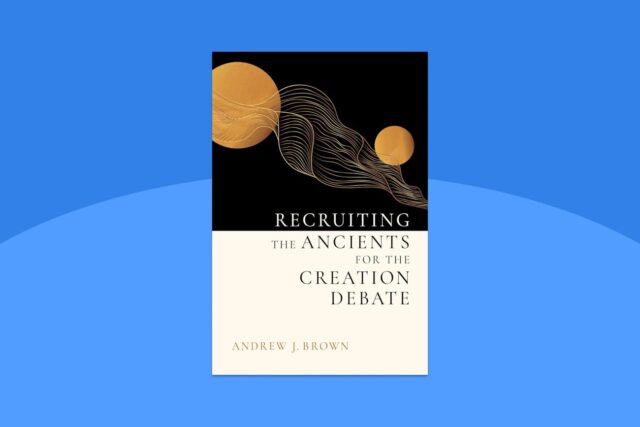
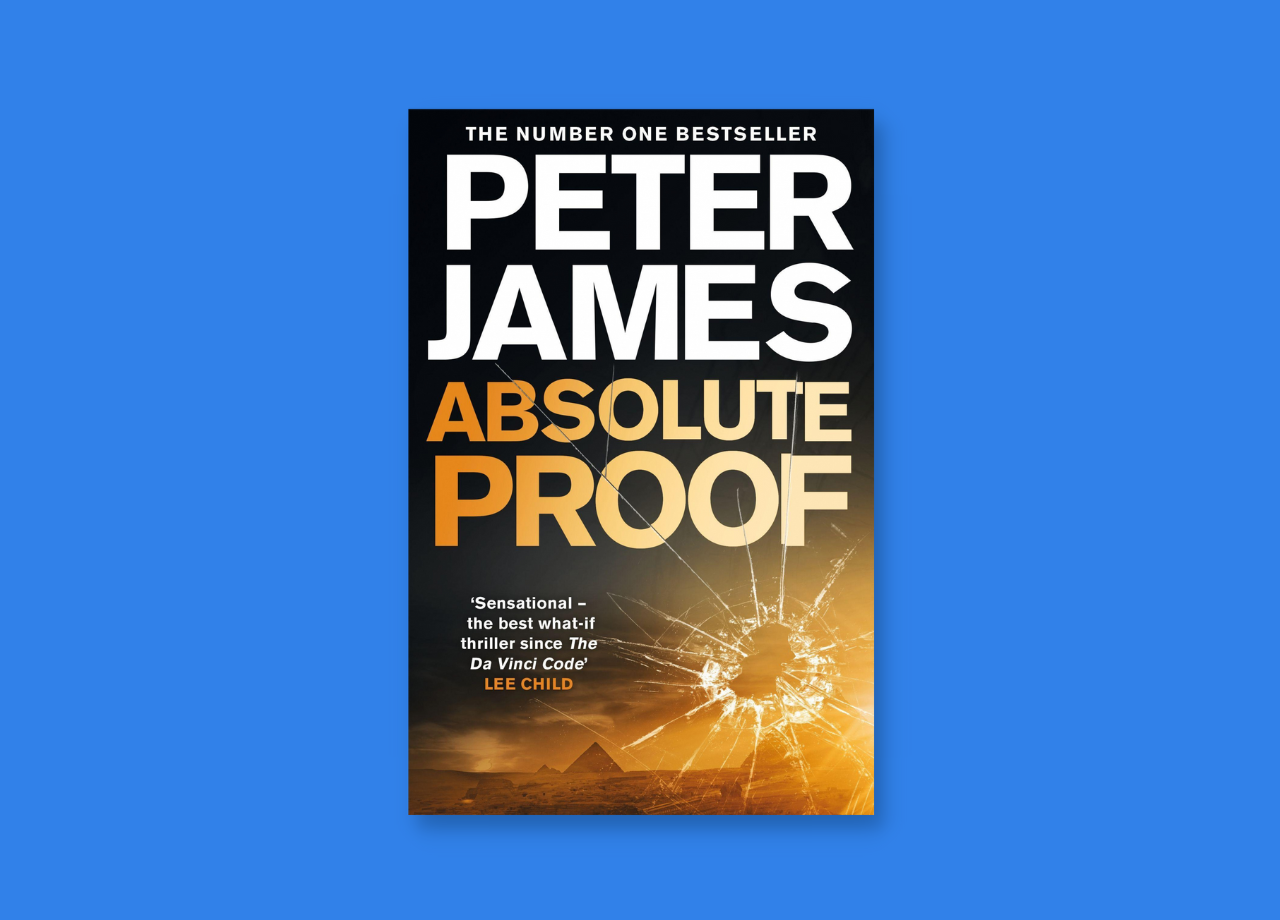
Book review by Katherine Seaton, July 2022
Absolute Proof
by Peter James
UK: Pan MacMillan, 2019
ISBN: 9781447240952, 704 pages, 1st edition, paperback
AUD$22
If you are expecting that a mathematician reviewing Absolute Proof will be writing about the nature of mathematical truth, then you may be disappointed. This book is written by “that” Peter James, the well-known and award-winning author of mysteries and police procedurals, who has 19 novels featuring DSI Roy Grace, and a similar number of stand-alone books, to his name. James’ interests include religion, science, and the paranormal, as well as criminology and fast cars. In Absolute Proof he puts the ideas he has distilled from sincere personal research undertaken over more than 30 years into the mouths of a diverse assembly of characters encountered by his protagonist, war-hardened investigative journalist Ross Hunter, in a pacy and far-fetched thriller.
It’s not usual for a book about the existence of God to feature car chases, grisly deaths, and helicopters. It is also not usual for the acknowledgement pages of a thriller to recognise theological help from 35 faith leaders and scholars (including John Polkinghorne and Alister McGrath) or to list among the sources consulted books by Dawkins, Flew, and Lennox, as well as The Holy Bible. James has employed the popular genre, in which he is skilled and for which he is known, to explore the question of what might constitute absolute proof of God’s existence and what the consequences of such proof might be. Judging by web forums, many of his “usual” readers disliked this lengthy book and did not finish it; others compare it to Dan Brown’s Da Vinci Code to which it bears a surface resemblance but from which it has a very different purpose.
There is a vast cast of supporting characters in this book, many of whom are almost caricatures: the corrupt billionaire televangelist, the atheist scientist (complete with a collection of typing monkeys) who has sold out to Big Pharma, their cynical off-siders, the smooth-talking and sinister Vatican representative, the untrustworthy wife, the odd-ball computer hacker who does not work before 4 p.m., the hitman Big Tony, the cloistered monk with a crisis of faith, and so on. To my mind, the female characters are unconvincingly sketched, and the characters most sympathetically and realistically drawn are two Anglican bishops.
It is a conversation with one of them early in the book, based on one James had in real life, that sets up the premise for the rest of the action: to convince even a diehard atheist of the existence of God would take not verified relics of Christ but a miracle on a huge scale which defies the laws of physics, and someone who credibly claimed to have proved the existence of God would probably be killed. The bishop tells Hunter (pp. 84–85) “It’s not only the complexities of the world’s belief systems or about fanatics laying claim to different faiths or factions of these faiths, there is a ruthless commercial world out there, both within and outside the religious embrace, with enormous vested interests that could seriously be harmed.” Hunter later meets with the Archbishop of Canterbury (again, as James has done) who reiterates this message and also observes that religion is about meaning (why) while science asks how.
The storyline that takes us from Britain to Monaco, Egypt, and Los Angeles is far-fetched, as is that of any thriller. International readers may not be aware of the legend that Joseph of Arimathea travelled after the death of Jesus to first-century Britain with the chalice from the Last Supper, concealing it near Glastonbury. As an evangelical Christian, that the improbable survival of holy relics (the chalice is not the only one) might play a role in a proof of God’s existence troubled me. However, I don’t suggest you read this book for the realism of the storyline or the subtlety of the characters. What I think James has done successfully is to put forward many of the important ideas and viewpoints in the science and religion conversation in everyday language. As a starting point or an overview in popular and palatable form, this book could be recommended to enquiring young adults. They will be taken on a whirlwind tour of the problem of suffering, the multiverse, Paley’s watch, natural selection, coincidence, miracles, New Atheism, Deism, and Theism. Those more familiar with these ideas who like some escapist reading will also enjoy this book.
So, is the author a Christian? James has touched on the paranormal in other books and he has stated that he has had a number of experiences for which he cannot find any scientific explanation. He (through Hunter) does seem critical of the church’s attitude to spiritualism. When asked in an interview if the research resulting in this book left him more convinced of the existence of God, James is reported to have replied very carefully that it gave him a faith in informed intelligent design.
In writing this review, I have drawn on the following press interviews with the author at the time of its release:
